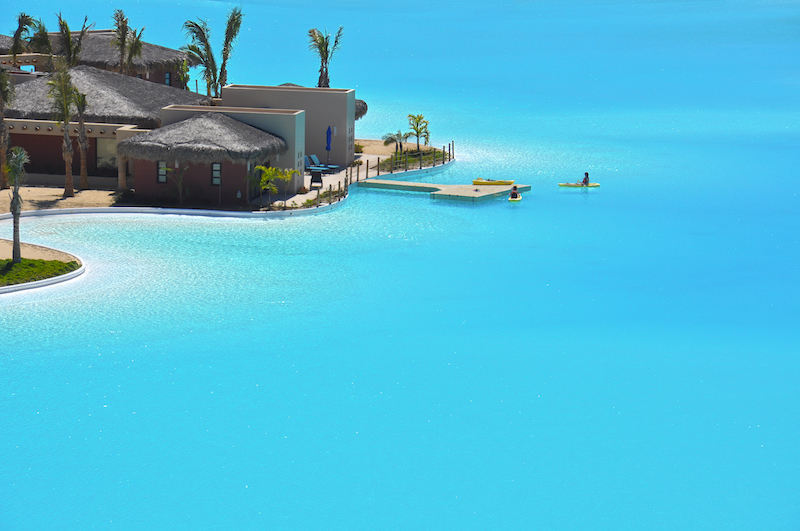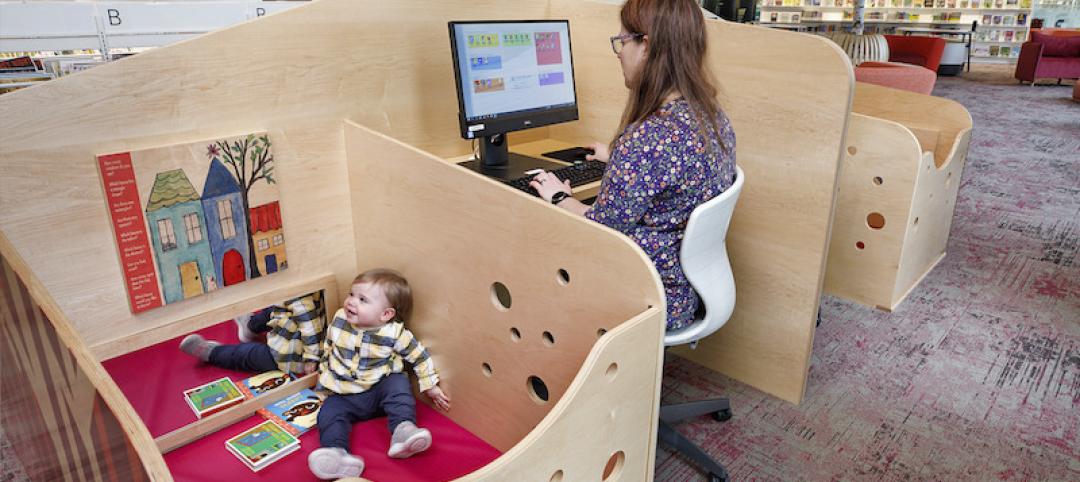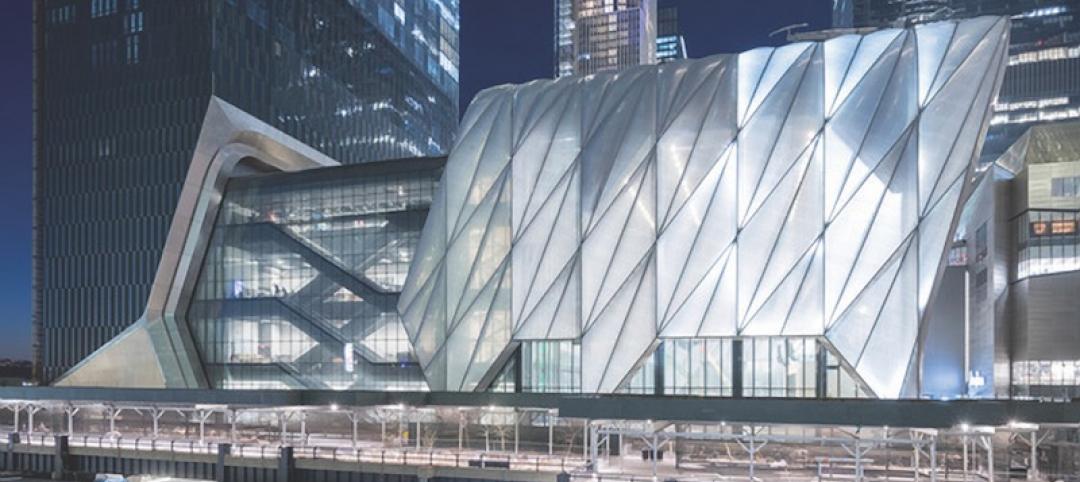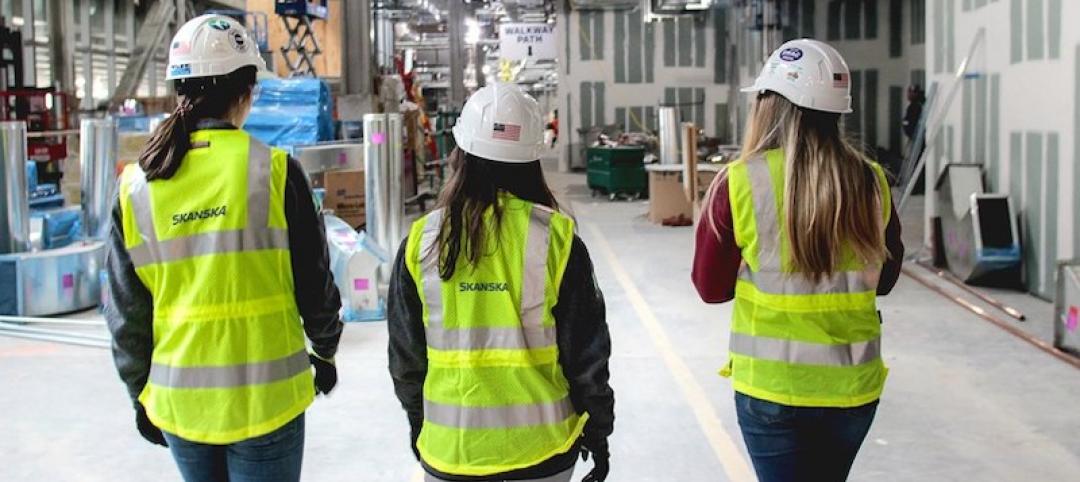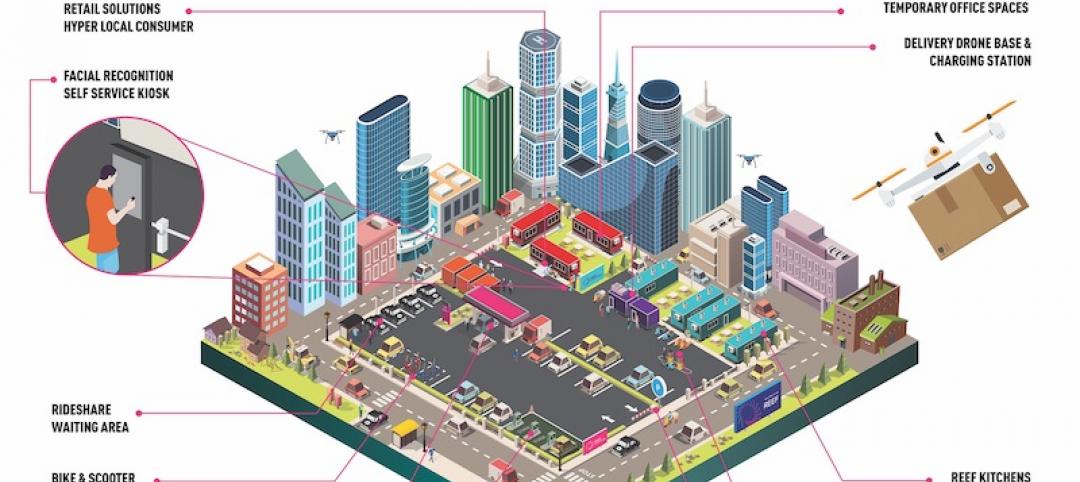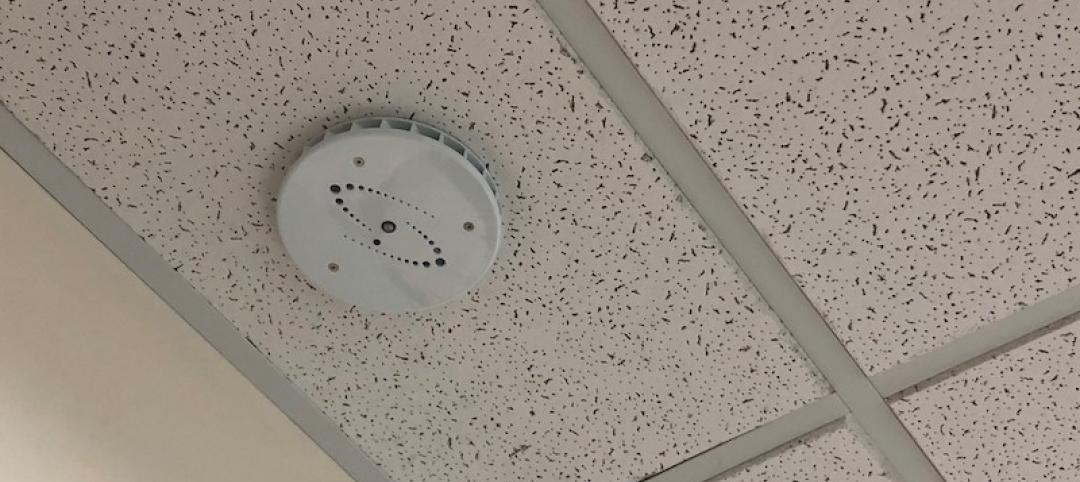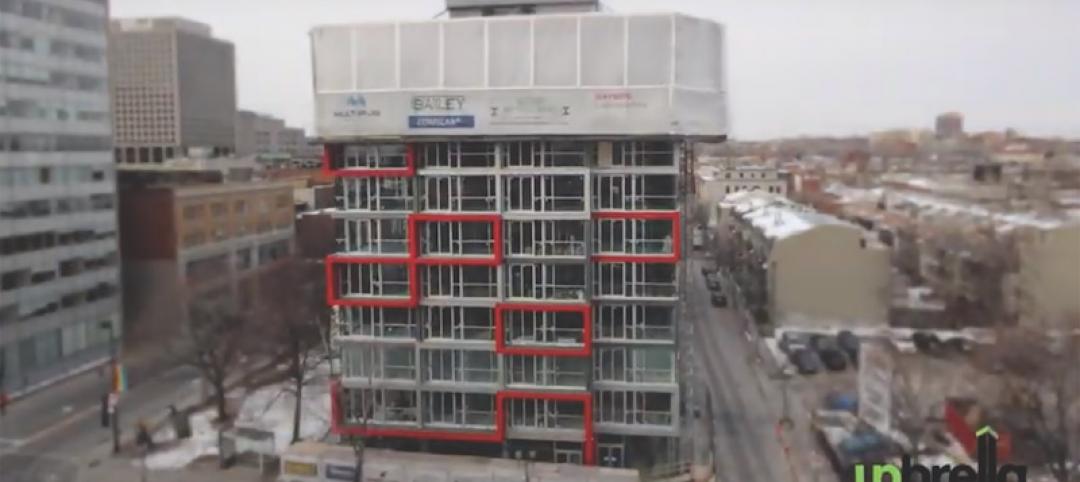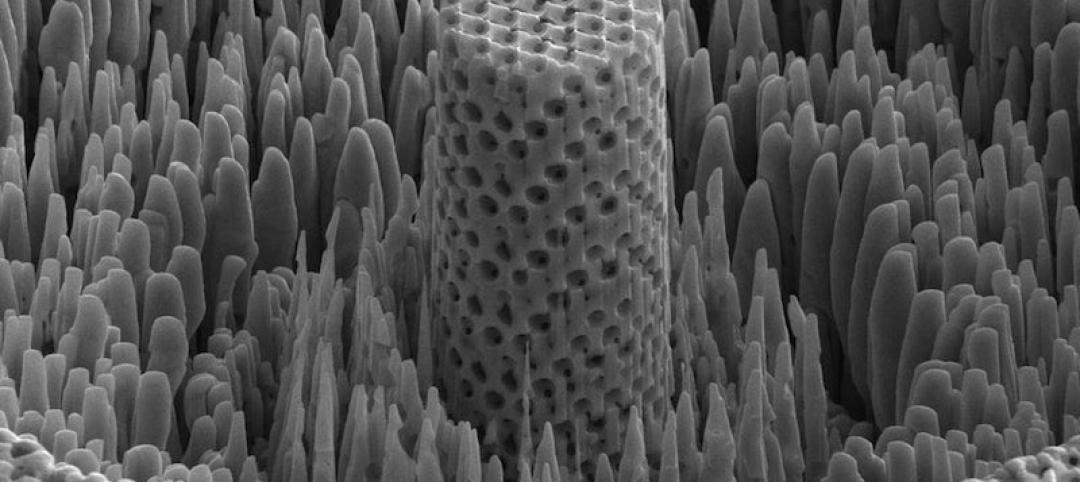It used to be one had to fly to a remote island paradise if they wanted to enjoy the combination of white sand beaches and crystal clear blue waters. Thanks to patented technology, Crystal Lagoons is able to bring that experience anywhere in the world—from coastal resorts to inner cities to desert climates.
Founded in 2007 by Santiago, Chile-born biochemist and real estate developer Fernando Fischmann, Crystal Lagoons utilizes several proprietary technologies to reduce the cost and maintenance of—and thus greatly increase the applications for—large-scale lagoon installations. The lagoons can be built as big as a given space allows—the company’s largest installation to date, in Egypt, is nearly 31 acres—and can be maintained at relatively low costs while using minimal amounts of chemicals and energy.
Fischmann’s technology uses a pulse-based disinfection system that applies controlled pulses of small quantities of oxidants/micro-biocides to the lagoon water in relation to the growth cycles of algae and bacteria. The application of these additives is coordinated by injectors and sensors and managed remotely by the Crystal Lagoons team.
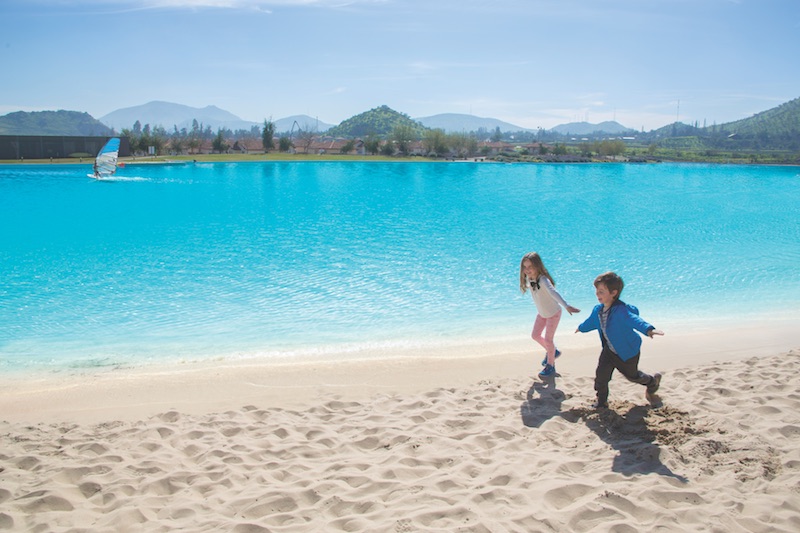
The system uses up to 100 times less chemicals than conventional swimming pool treatment technologies and consumes only 2% of the energy needed by conventional swimming pool filtration systems, according to the company.
The filtration system is also different, and more efficient, than conventional pools. Natural compounds and a variety of ultrasonic waves are applied to the water, which enables the contaminant particles to be agglomerated into larger particles that are later removed from the lagoon. This means only a small portion of the total water volume needs to be filtered.
Crystal Lagoons can use seawater, fresh water, or brackish water. They also capture rainwater to reduce the need for make-up water to compensate for evaporation.
The company recently developed a floating lagoon system, which uses decks and bridges paired with a proprietary floating structure to create a crystal-clear body of water without the use of land.
Crystal Lagoons has 15 projects in the works in the U.S., mainly in Arizona, California, Florida, Nevada, and Texas. Another 44 U.S. projects are in the feasibility/negotiation stage, worth some $53 billion.
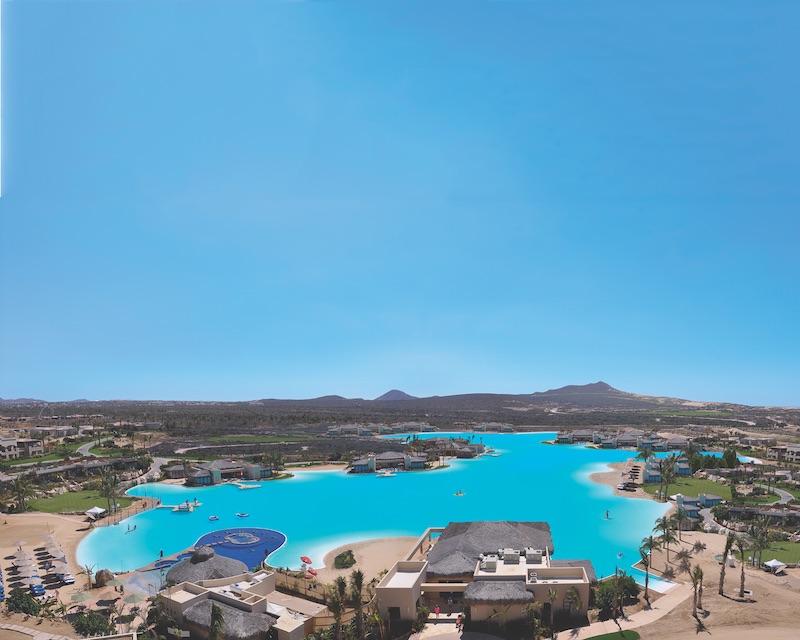
Related Stories
Great Solutions | Apr 13, 2020
Family workstations highlight the new Fairfield Area Library
The workstations are the perfect remedy for squirming, restless children and toddlers.
Great Solutions | Feb 5, 2020
Power moves: The Shed
Precise positioning of mechanicals above its lighting keeps New York’s kinetic event space, The Shed, running.
Great Solutions | Dec 18, 2019
Robot uprising
Thyssenkrupp’s robotics interface platform helps robots use elevators like humans.
Great Solutions | Nov 12, 2019
Skanska designs personal protective equipment tailor-made for the female workforce
A safety vest is the first piece of equipment to undergo an update.
Great Solutions | Oct 3, 2019
REEF Technology wants to turn parking facilities into urban mobility hubs
The company currently operates 4,500 parking lots in 25 markets across North America.
Great Solutions | Aug 30, 2019
An ‘Internet of Beings’? Kinetic flooring promises more than just energy generation
Pavegen says its technology delivers a new level of human engagement in sustainability initiatives.
Great Solutions | Aug 7, 2019
Earthquake response system takes the guesswork out of seismic safety
The platform provides real-time monitoring to help avoid unnecessary evacuations and improve emergency response.
Great Solutions | Jul 12, 2019
Smart sensor maintains privacy, enhances safety in sensitive spaces
The HALO IOT sensor is designed for use in places where cameras are not welcome.
Great Solutions | Apr 9, 2019
Raising the roof is cool again
Upbrella allows for floor-by-floor building construction that is, reportedly, safer and more productive than traditional methods.
Great Solutions | Mar 12, 2019
When is wood not really wood?
Inspired by the look and cellular nature of wood, researchers create 3D-printed “digital wood” and “metallic wood” that is as strong as titanium, with the density of water.


